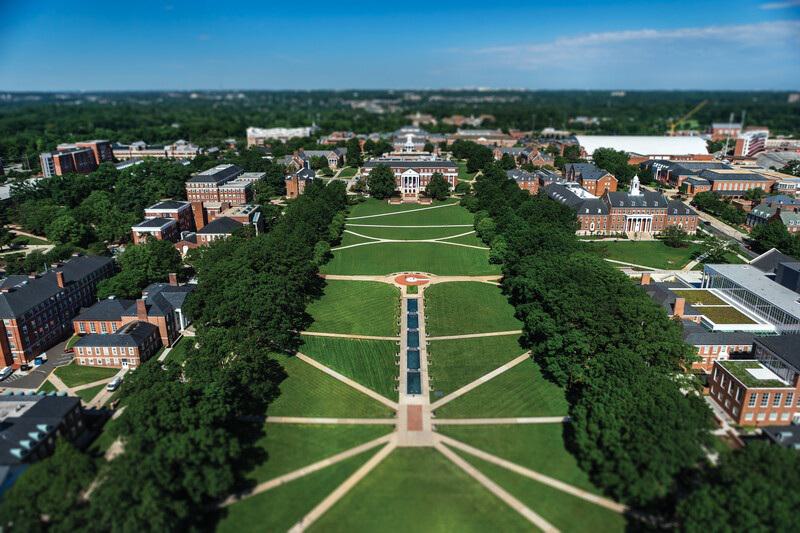Are you a journalist looking for new angles to add to the election 2024 conversation? From the role of technology, climate change, and mental health to ageism, DEI, and global politics, faculty experts from the University of Maryland are delving deep into the diverse, multi-layered topics that touch all facets of the 2024 election.
(Please contact mediainfo@umd.edu for more information or help setting up an interview)

